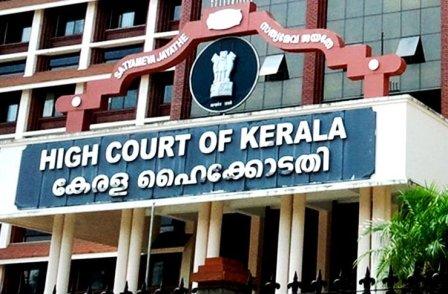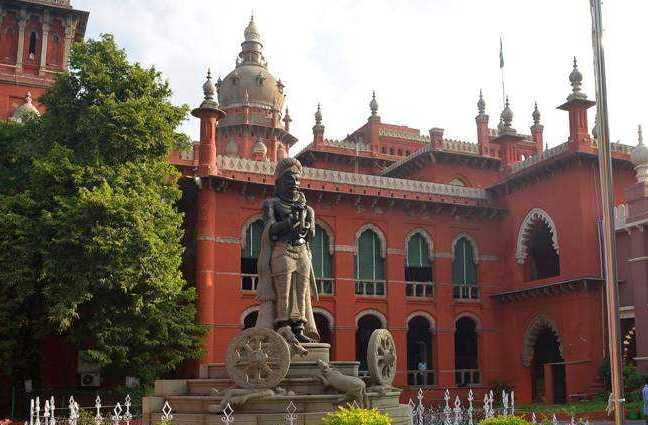DISTRICT, STATE, CONSUMER FORUMS CAN ADDRESS MEDICAL MALPRACTICE ACCUSATIONS: KERALA HIGH COURT

Recently in the case of Dr.Vijil&Ors. v Ambujakshi TP the Kerala High Court ruled that complaints about medical negligence or service defects can be filed before the District and State Consumer Disputes Redress Commissions.
According to Justice N Nagaresh, the Consumer Protection Act of 2019's definition of "services" is broad and not exhaustive, particularly for public utility services.
"Medical services would thereby come within the purview of Section 2(42) unless the service is provided free of charge or under a personal service contract," the judgment read.
The Court further stated,
"A reading of Section 2(42)'s inclusive section reveals that the Parliament meant to emphasize that some services, such as banking, financing, insurance, and transportation, which are in the nature of public utility services, would fall under the umbrella of services.' This is a broad definition, not a complete one. As a result, all services made available to potential users would come under Section 2(42), with the exception of those provided free of charge or under a personal service contract. The phrase "but not limited to" in Section 2(42) explains the Parliament's purpose ", said the single-Judge.
The decision was made in response to a petition submitted by numerous doctors against whom the respondent had filed a complaint with the District Consumer Disputes Redress Commission, demanding compensation of $32,52,000 for loss of vision allegedly caused by their medical negligence.
The petitioners had disputed the complaint's maintainability before the District and State Consumer Disputes Redress Commissions, but they were both rejected.
They then petitioned the High Court for an order finding the District and State Commissions' orders to be without jurisdiction and hence invalid.
They also requested a declaration that the Consumer Protection Act's consumer fora do not have authority to hear complaints about medical malpractice or insufficiency in medical services.
It was pointed out that in Indian Medical Association v VP Shantha and Ors, the Supreme Court declared that the medical profession would fall inside the definition of service under Section 2(1)(o) of the Act, 1986. However, as per Section 2(42) of the Act of 2019, Parliament has removed medical profession/practice' from the list of facilities underserviced.'
Despite the Supreme Court's pronouncement of law, the physicians stated that this omission plainly reveals Parliament's purpose not to include medical profession/practice' within the meaning of service as specified under the new Act, 2019.
The petitioners' arguments were rejected by the High Court because Section 2(42) of the Act 2019 contains the term "but not limited to." This explains Parliament's stance, which has offered a list that is inclusive rather than exclusive.
The High Court ruled that the District and State Consumer Disputes Redress Commissions can investigate complaints against doctors for carelessness in providing services unless the service is supplied free of charge.
As a result, the petition was dismissed.
Senior Advocate S Gopakumaran Nair and Advocates Sooraj T Elenjickal, Renoy Vincent, Arun Roy, Helen PA, and ShahirShowkath Ali represented the petitioners.
Assistant Solicitor General of India Manu S and Central Government Counsel V Gireesh Kumar represented the respondents.









